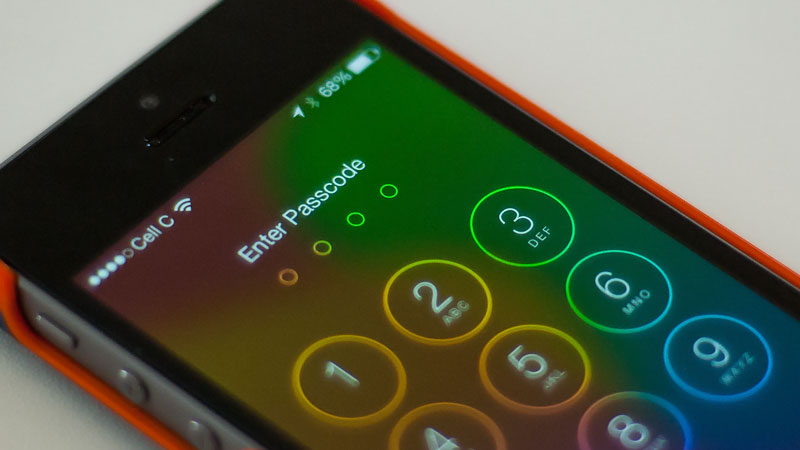Apple Inc released its first transparency report yesterday, detailing the number of requests filed by international law enforcement agencies and governments for details about it’s customers and their devices. In doing so, it joined a long list of other US tech firms which release similar data as a method of winning public trust.
From a South African perspective, however, there’s a glaring oversight: we’re not mentioned at all. Indeed, no African country is on the list, which covers all requests made from January to the end of June.
But what, I hear you ask, about Oscar?
Back in June, it was widely reported and confirmed in several newspapers that the South African Police Services (SAPS) had called Apple in to help crack the four digit PIN on Oscar Pistorius’ iPhone. Lest we forget, Pistorius is up on murder charges for the killing of his girlfriend Reeva Steenkamp. Reports that his encrypted iPhone was a crucial piece of evidence which the police couldn’t get in to were circulating from mid-May. On 23rd June, the UK’s Mail on Sunday reported lead investigator Lieutenant General Vineshkumar Moonoo as saying:
Pistorius is saying he can’t remember the code and we have been unable to access messages sent or received that night.
These could be crucial and Apple executives in America have made their technicians available to help us.
The story was picked up by local papers and repeated internationally. We ran it here. Christo spoke on TV about what it might be that Apple could do to help. As far as we can tell, though, no news outlet explicitly said Apple was working with SAPS prior to this.
Yesterday’s report from Apple, however, clearly states that:
Like many companies, Apple receives requests from law enforcement agencies to provide customer information. As we have explained, any government agency demanding customer content from Apple must get a court order. When we receive such a demand, our legal team carefully reviews the order. If there is any question about the legitimacy or scope of the court order, we challenge it. Only when we are satisfied that the court order is valid and appropriate do we deliver the narrowest possible set of information responsive to the request.
According to Apple, the firm does not send out technicians to police forces after a friendly request for help. When we asked a representative if there was any chance the company had made an exception or oversight in this case, we were directed to the footnotes of the report which includes the statement:
Apple keeps track of every request we receive. Some countries are not listed in this report because Apple has not received any information requests from the government there.
So Apple is essentially saying that during the six month period January-June, SAPS did not ask for or receive help about Oscar Pistorius’ iPhone.
Funnily enough, a source inside SAPS who was with the general at the time says that the Apple report is right and that no-one ever said that the firm was involved. This was just one of many stories around the same time that were made up to keep the Pistorius story going, they say. We’re waiting for an official statement from SAPS on the matter to clarify this.
One forensic expert who spoke to us off the record said that it would be highly unlikely to go straight to the manufacturer, rather than labs around the world associated with law enforcement agencies.
So with this discrepancy in mind, there are three possible conclusions to draw. Either:
- Apple’s transparency report isn’t as transparent it claims – and maybe none of the companies that produce these reports are overly concerned about accuracy. Apple stands by its claim that this ain’t so.
- SAPS did say Apple was involved but the whole thing was a quickly forgotten mistake caught by an eagle-eared journalist. Could happen – no-one would hold it against them.
- The original story was a blatant fabrication. South African readers should note, this would not be the first time that papers from the Daily Mail stable have been caught doing this. Even in murder cases. We’ve asked the Mail whether or not it stands by the original story and are awaiting a response. If true, it’s a pretty serious thing – putting words into the mouth of the senior investigator on the world’s most famous murder case at the time would be an appalling thing to do.
One thing we do know. Whatever the original source – or lack of – that Apple was helping police in this investigation, it’s a prime example of churnalism and a story getting picked up and repeated all over the web without ever being verified by those who ran it again. We were just as guilty as anyone else – we’ll make sure it doesn’t happen again (or try our best, anyway).

